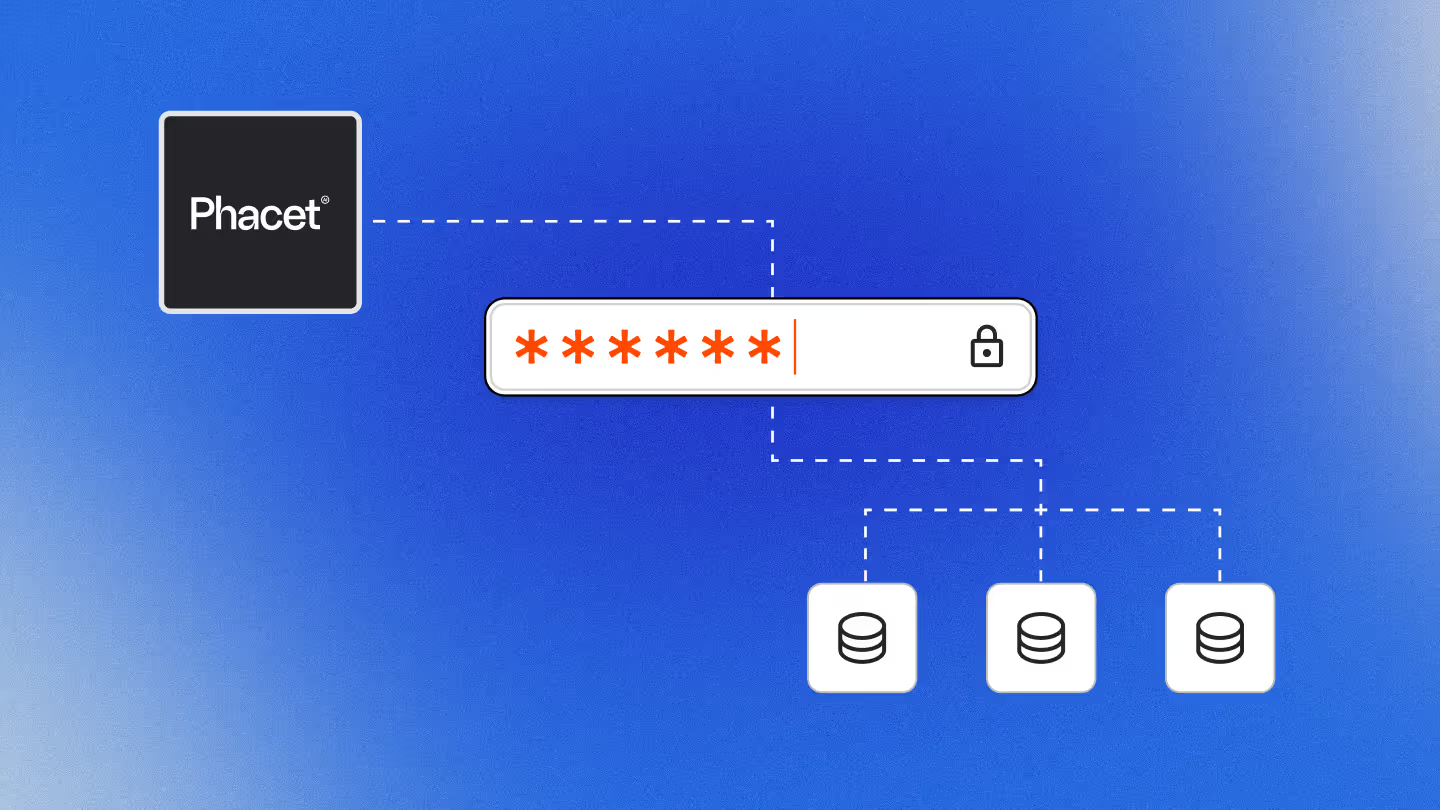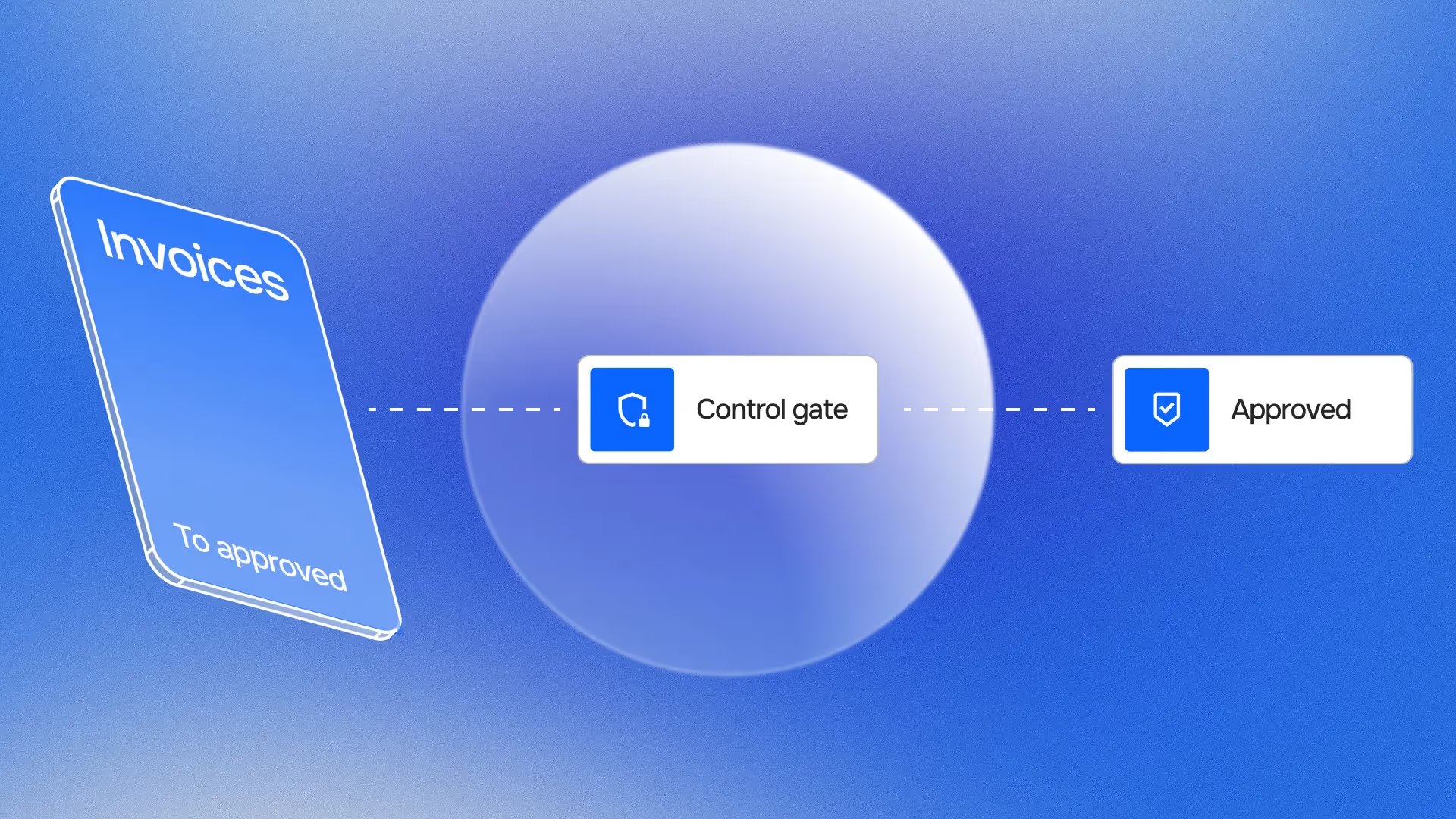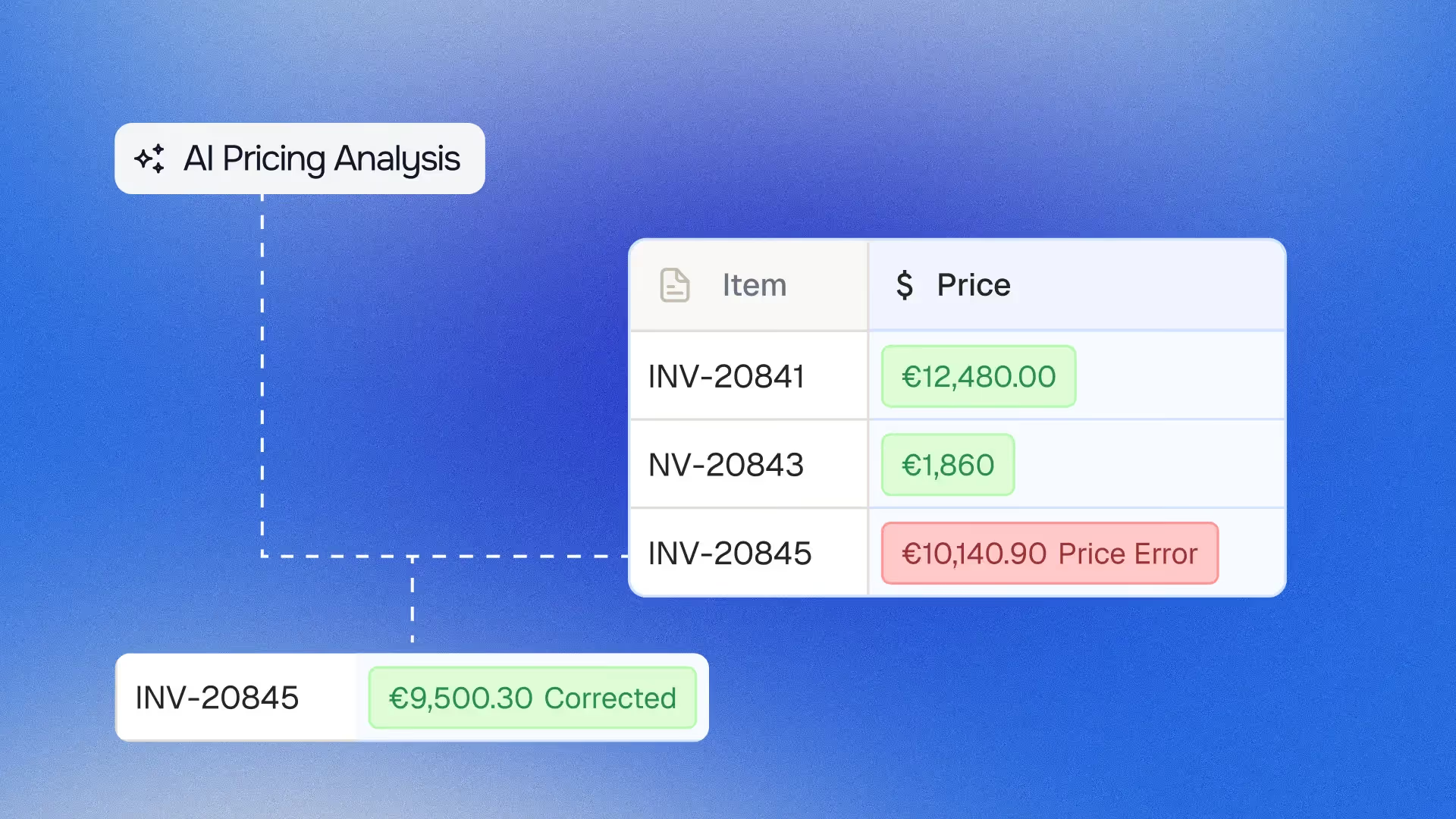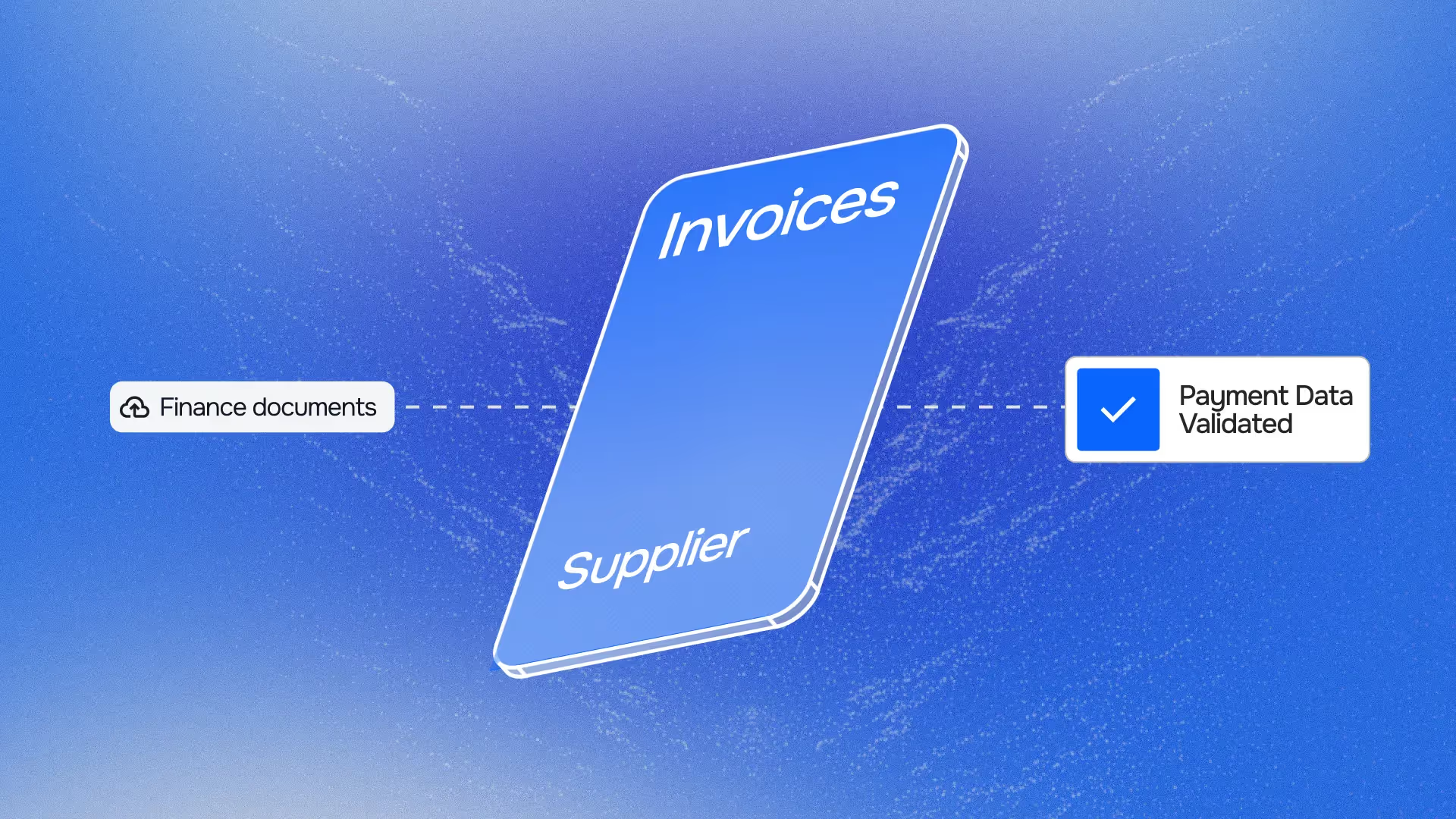
How can you ensure the confidentiality of data entrusted to AI agents?
Published on :
May 6, 2025

Introduction
AI agents are becoming increasingly common in businesses. They automate tasks, boost productivity, and simplify data management. But as their use grows, one question becomes critical: how can we protect the sensitive data they handle?
Whether it’s customer information, financial data, or internal documents, ensuring the confidentiality and security of this data is a major challenge. Risks like data leaks, hacking, and misuse are real — but so are the effective solutions. Let’s explore how to secure your data while fully benefiting from AI.
1. What are the risks to your data?
Before diving into solutions, it's important to understand the risks involved in using AI agents:
- Data leaks: Poorly secured storage or uncontrolled access can expose sensitive information.
- Misuse of data: Some AI solution providers may use your data for commercial or analytical purposes without your consent.
- Cyberattacks: Hackers are increasingly targeting AI systems to extract confidential data.
- Regulatory non-compliance: Failing to comply with standards like GDPR or HIPAA can lead to penalties and damage your company’s reputation.
The good news? These risks can be significantly reduced with a proactive approach.
2. Rely on “Privacy by Design”
Instead of treating security as an afterthought, it should be built into your AI systems from the start. This is the idea behind Privacy by Design, which is based on a few key principles:
- Collect only what’s necessary: The more data you store, the greater the risk. Stick to what's truly essential.
- Anonymize and pseudonymize data: By replacing personal details with random identifiers, you prevent direct identification.
- Restrict access to sensitive data: Only authorized users should be able to access it.
By applying these principles from day one, you drastically reduce risk at the source.
3. Secure data storage and transfers
Data should never be transmitted or stored without protection. Here’s how to secure it effectively:
- Encrypt everything: Whether in transit (during transfer) or at rest (in databases), data must be encrypted.
- Use secure servers: Choose infrastructure that meets international standards like ISO 27001 or SOC 2.
- Implement strict access control: Every user should have clearly defined permissions, and multi-factor authentication should be the minimum standard.
A well-protected storage system is your first line of defense against cyberattacks.
4. Comply with current regulations
Businesses handling data must comply with strict legal obligations. Here are the key standards to be aware of:
- GDPR (Europe): Requires transparency, user consent, and the right to be forgotten.
- HIPAA (USA, healthcare): Governs the protection of medical data.
- PCI-DSS (financial transactions): Secures online payment processing.
Regular audits help ensure compliance and avoid nasty surprises.
5. Raise awareness among teams: the key to effective security
Even with top-notch technology, a simple lack of human vigilance can jeopardize data security. That’s why training employees on best practices is essential:
- Limit access to only those who truly need it.
- Avoid storing sensitive data on unsecured devices (e.g. USB sticks, personal hard drives).
- Establish internal protocols for reporting suspicious activity or potential incidents.
An informed team is a safer company.
6. Real-world examples of successful data protection
Some companies have already implemented advanced strategies to secure their AI agents. Here are a few inspiring best practices:
- Banking & Finance: Institutions have deployed AI for fraud detection while encrypting every transaction.
- E-commerce: Platforms use AI to personalize product recommendations while anonymizing customer data.
- Healthcare: Hospitals use AI in medical diagnostics while ensuring secure handling of patient records.
These examples show that innovation and security can go hand in hand.
Conclusion: data security as a strategic priority
Protecting the data handled by AI agents is not optional — it’s essential. By applying simple yet effective measures — encryption, restricted access, regulatory compliance, and staff training — companies can leverage AI without compromising security.
User trust is at stake, and it depends on an AI that’s ethical, transparent, and secure. Ready to evolve your practices?
Latest Resources
Unlock your AI potential
Go further with your financial workflows — with AI built around your needs.






